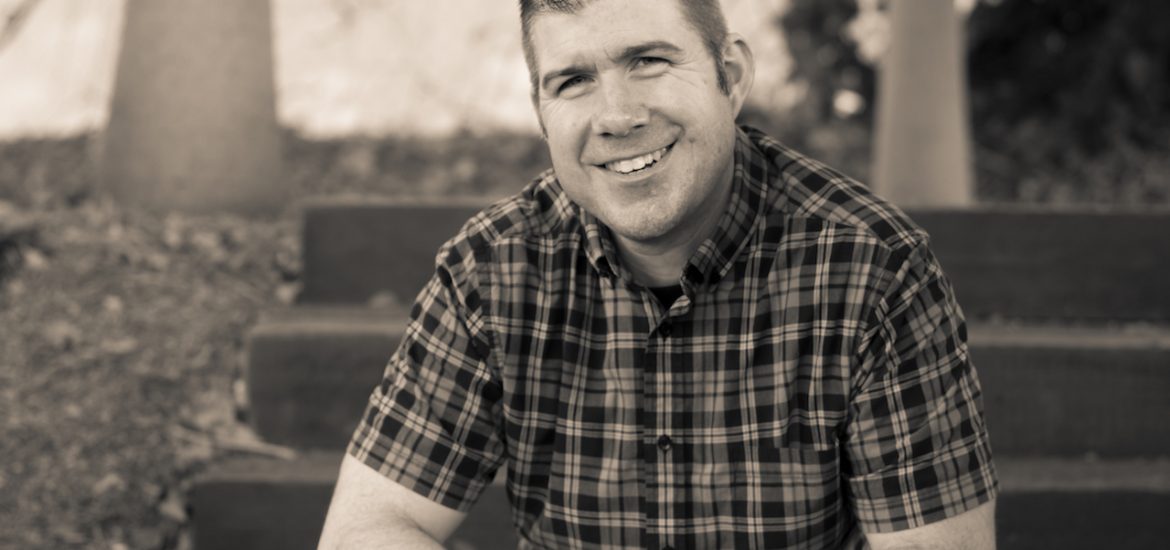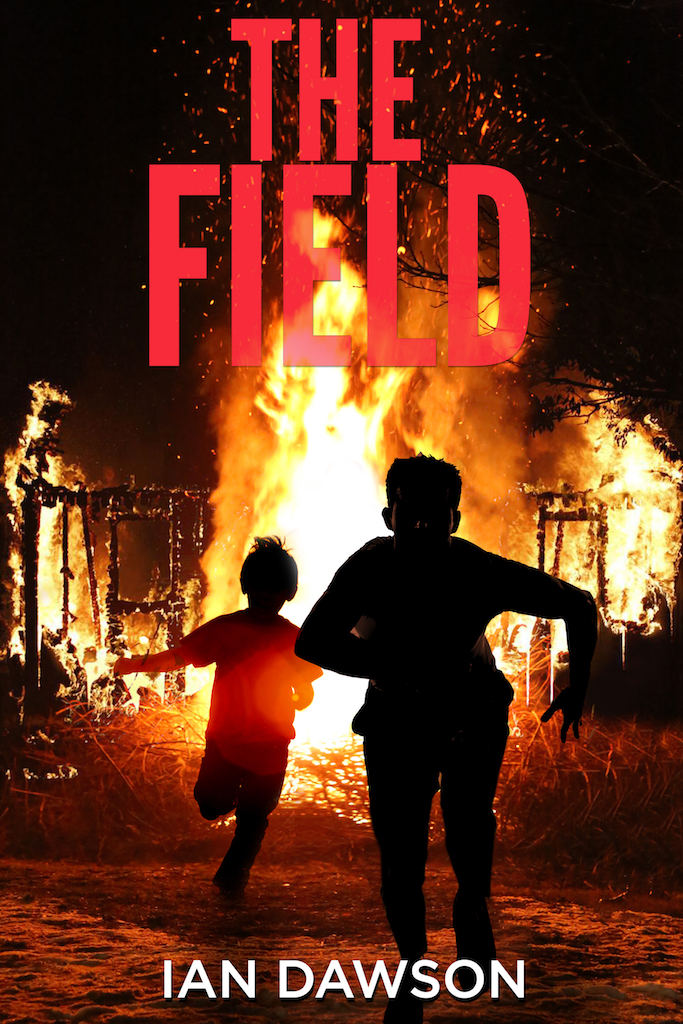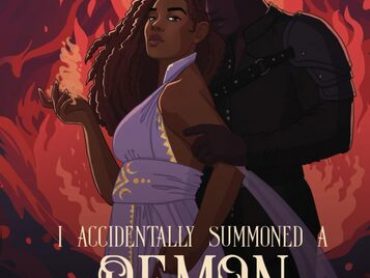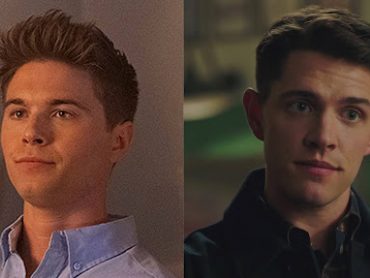Author Ian Dawson has been writing his entire life. He started when he was a kid writing puppet shows to perform for his friends and family, then started writing and drawing comic strips as well. And now, he has released his debut novel. After working on it for 15 years, Ian published his first novel, The Field, which he is excited and proud to present to readers all around the world. The action/adventure book will keep readers on the edge of their seats. YEM spoke with Ian about his writing process, and how a scary event in his life inspired The Field.
Young Entertainment Mag: How did you first get involved in writing?
Ian Dawson: Writing has always been something I have enjoyed doing. I remember writing puppet shows when I was a kid, writing sketches, song parodies, and short films for school projects, and writing comic books when I was younger as well. I’ve always enjoyed writing with the purposes to entertain and educate others. It is a skill that I have honed over the years and I definitely feel that my novel, The Field, is the result of years of hard work and constant writing on a variety of projects.
YEM: Who are your writing influences?
Ian: I try and read fiction and non-fiction on a variety of topics from a wide range of authors. I would say that the three authors I read most are Stephen King, Nelson DeMille, and Michael Crichton. I really like their writing styles, their compelling stories, and their intriguing characters. I enjoy novels with plenty of action and suspense, and these three authors deliver those things for me time and time again.
YEM: What inspired you to write “The Field”? Where do your ideas come from?
Ian: On May 1, 1993, I was abducted by two older boys in the field near my neighborhood in Redding, California. I was on my bike playing hide-and-seek with my friends when I made a wrong turn down a gravel road searching for them on my bike. Two older boys chased me on their bikes, caught me and took me into a clearing where they terrorized and assaulted me for a several hours until letting me go. Needless to say, something traumatic like that sticks with you. About a decade later, I wrote a first-person account of what happened to me just to get it out on paper. I realized that it could possibly become a longer story and I started to develop the characters of Daniel and Kyle, Daniel’s captors – Austin and James – and began to flesh out the story.
The Field’s original title was Taken, but a film series starring Liam Neeson compelled me to change the title. Over the years the novel went through many, many changes and re-writes, all in the pursuit of creating an effective, suspenseful, and compelling narrative with dimensional characters. After fifteen years and some encouragement from my editor and others to publish the novel, The Field was released. I wanted to not only share a fictional account of my real-life experience, but I also wanted to explore two friendships – one unconditional, one toxic – and show the importance of having positive and supportive people in our lives.
A lot of my ideas come from personal experiences, which I do highly recommend all writers use as an excellent source for material. The idea could come out of a conversation I’ve had with someone, it could come from a situation I’ve been in, it could even be something my imagination comes up with as an alternate sequence of events to what I did experience. To me, this is the best way to keep your story grounded. Even if you deviate from your real experience – and I definitely do in The Field – you have those real emotions, senses, and feelings to use in your writing to create an immersive experience for your reader or viewer.
YEM: Were you anything like the main character, Daniel, when you were a kid? If not, where did you get the inspiration for Daniel?
Ian: I was a lot like Daniel. I was an awkward teenager, dealing with puberty and adolescence. The awkwardness of liking someone and having no clue how to talk to them. Being shy about showering in the locker room after gym class. What I like about the character of Daniel is that he, like I was, is an ordinary kid with regular kid problems. He just wants to have fun with his best friend, explore the field behind his Redding neighborhood, and have a fun summer. So, when he’s thrust into a situation that’s out of his control, one that completely upends his ordinary teenage existence, he now has to do what needs to be done to survive the unpredictable threat he finds himself facing. That’s how it was for me. One minute I’m having fun with my friends and the next I’m being chased down and forced into a clearing behind a circle of trees by two older boys.
I can tell you that it’s a surreal experience when something like this happens to you. You think you know what you would do if this type of thing happened, but you really don’t truly know how you will react until it’s too late to do anything about it. I, like Daniel, experienced this surreal situation.
While Daniel’s situation was inspired by my experience, I was able to expand upon his predicament and in doing so give him a stronger character arc over the course of the story. I do think that Daniel is much more courageous and a stronger character in terms of how he handles the events he’s thrown into than I think I would have been. But that’s one of the things I liked about fictionalizing my experience: I’m able to have my characters do things and get into situations I wouldn’t wish on myself or others in the real world, then figure out how to get them out of there safely…or not.
YEM: Was it hard to handle a dark topic like abduction?
Ian: Absolutely. I knew going in, given my personal experience with the topic, that this was not going to be an upbeat book for the majority of the story. I also knew as I was writing certain chapters and sequences that there would be readers who would be offended or upset by the graphic and violent content. In fact, there was one particular chapter that I wrote and had to walk away from the computer because I found what I had written to be upsetting (when you read the book, you’ll know which chapter I’m referring to).
I really didn’t want to sugar-coat or gloss over the horrors of child abduction since the very action of kidnapping someone is a violent one. Since I am using true events that happened to me as inspiration for the novel, I know first-hand the fear, the terror, and the trauma associated with being abducted. Translating those moments to the page was a difficult task since I had to relive many of the moments I experienced again as I wrote them down.
Part of being a writer is taking your reader into the world of the story, even if that world is dark, upsetting, and violent at times. I personally feel that if you read The Field and don’t have a visceral reaction to some of the content, then I have not done my job effectively as a writer. Do I think it’s too much for young adults to handle? No. I think most young adults today are exposed to plenty of films, TV, news, and other content that is just as graphic and violent if not more so than anything presented in The Field.
YEM: What advice would you give to readers that want to become writers?
Ian: Start writing. It sounds simple, but it’s true. You have ideas. You’ve had life experiences. You know about different topics. You’ve known interesting people. You’ve heard funny or interesting lines of dialogue from people you know. You have the tools to create great stories. The next step is to write them down.
Constantly be working out ideas and concepts for stories. To me that doesn’t mean writing on the computer or with a pad and pen; you can flesh out and work on ideas in your head no matter where you are or what you’re doing. I’m constantly working out ideas, situations, and dialogue in my head and then writing them down later.
If you want to write sci-fi novels, read sci-fi novels. If you want to write movies, read screenplays. If you want to write plays, read play scripts. Learning from those who have done it is a great way to get motivated and to show yourself how the professionals make a story work.
Don’t be afraid to write something that doesn’t work. The concept of a rough draft exists for a reason. Remember that you can’t re-write something and make it better until you’ve written it in the first place. Don’t aim for perfection on the first try; it’s impossible.
Finally, never forget that writing is a marathon, not a sprint. It took me fifteen years to publish The Field, and I am grateful that I didn’t rush and took my time to get it right. Be patient. Be creative. And always be writing.





